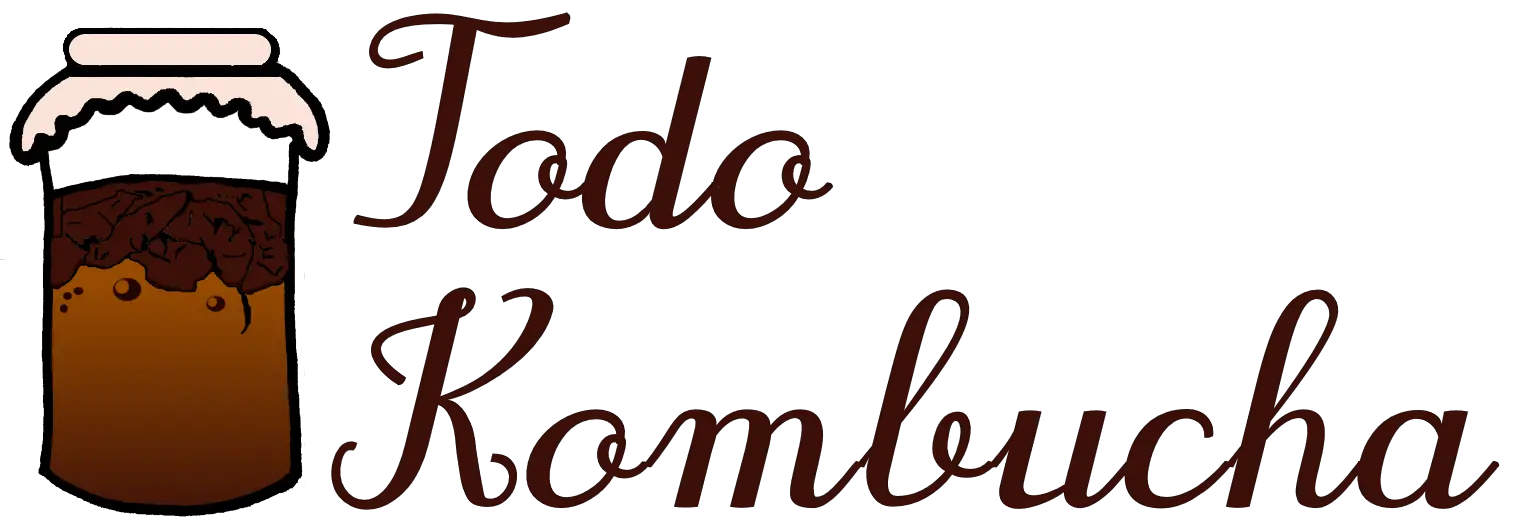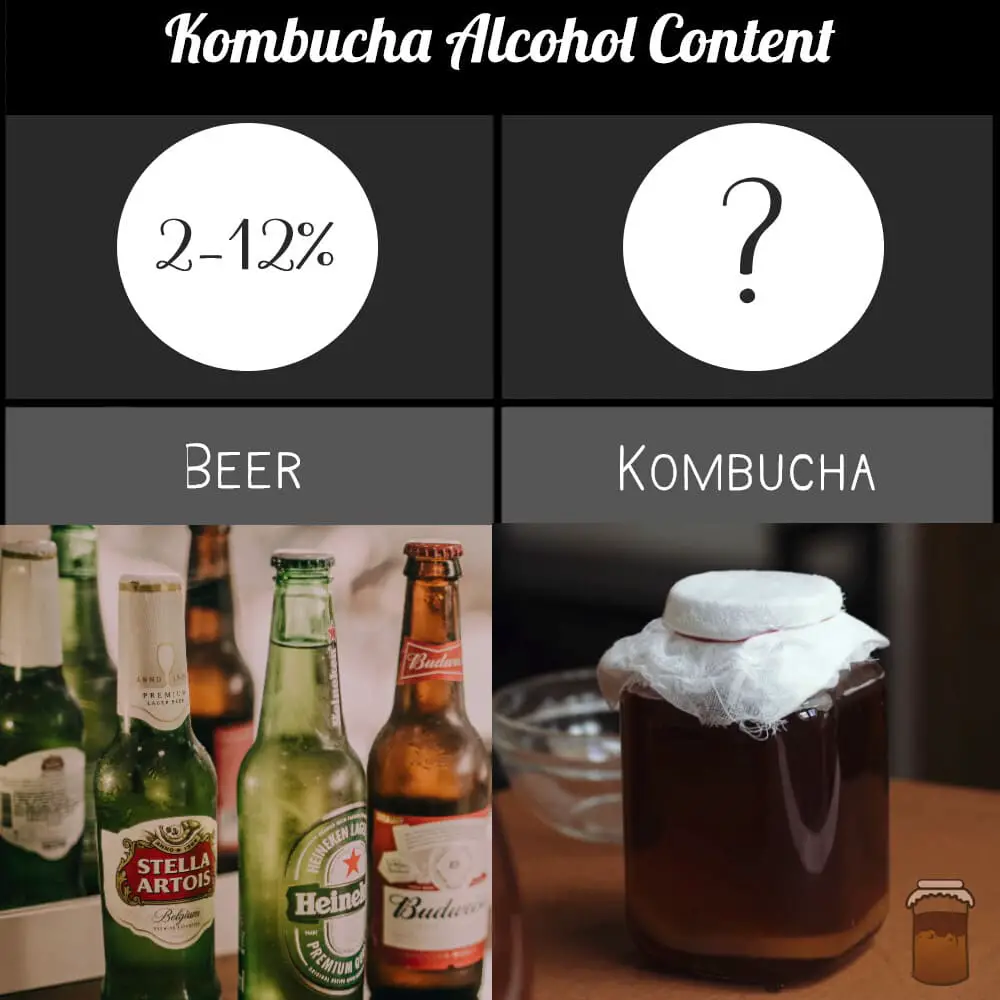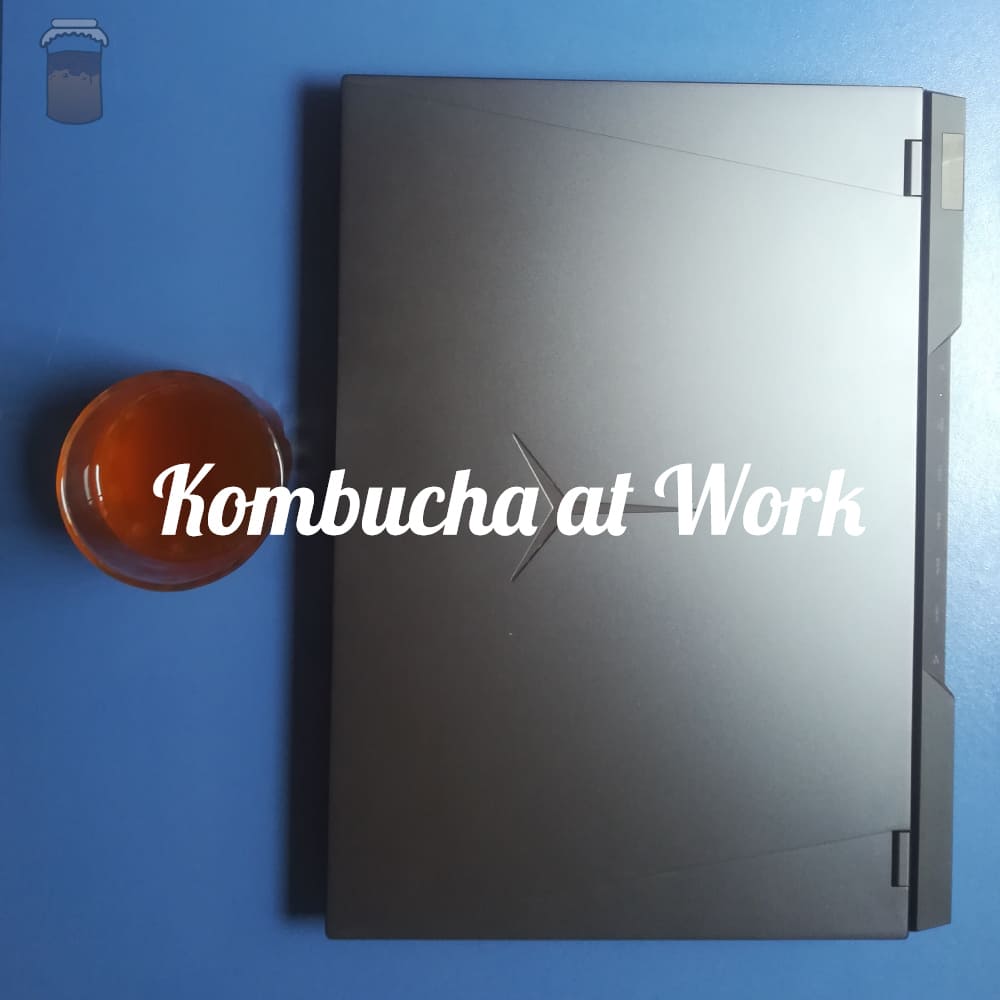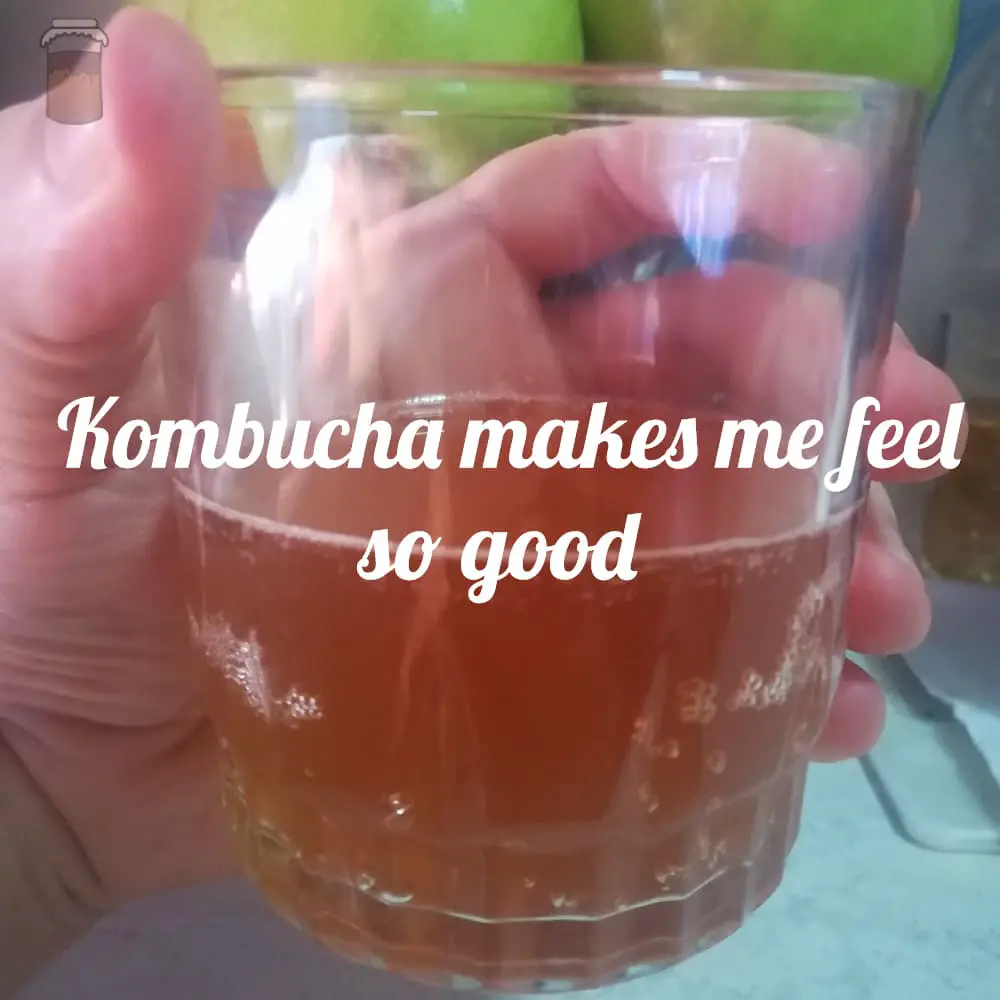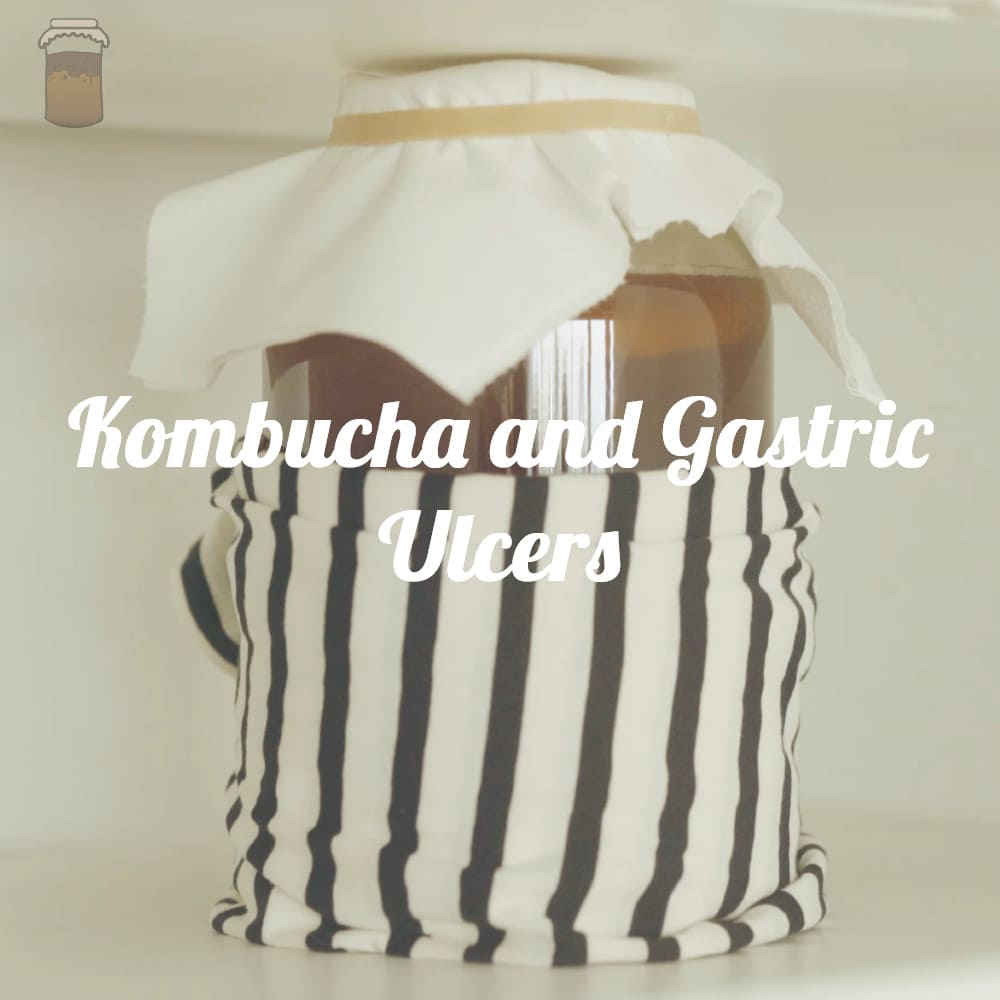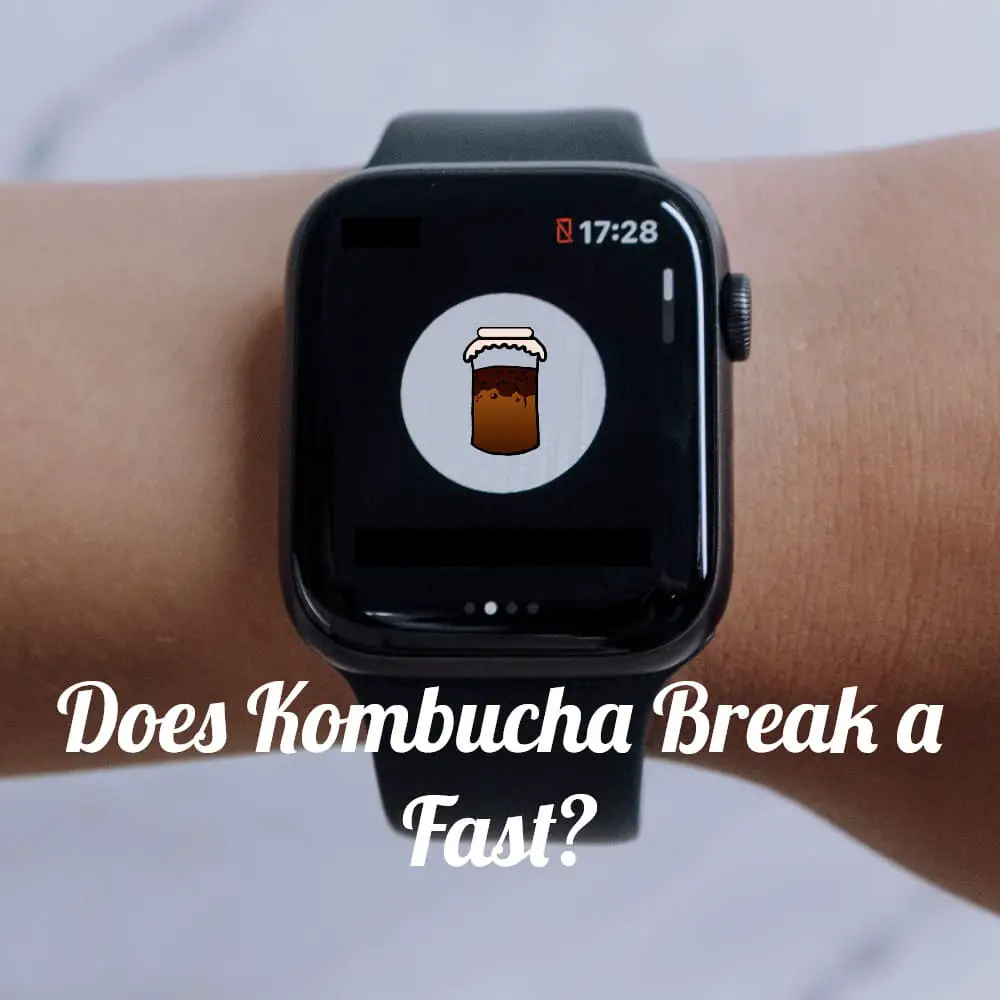
Fasting is one activity that has taken more strength in recent years. Since its usefulness for the body was discovered, many people have adopted it as a resource to burn fat, among other possible functions.
There have even been some who have incorporated kombucha into this practice, given its remarkable benefits for the body, which has generated a lot of debate, and it is this same debate that has brought you here.
But then, are kombucha and fasting compatible? Based on its sugar content, kombucha does break the fast. However, it can be beneficial if consumed after fasting.
With that said, let’s proceed to explain why you should switch on kombucha while fasting.
Does kombucha affect the body on a fast?
That’s right. Kombucha affects the body if you ingest it during a fast. The impact has to do with the immediate activation of several of the gastric functions, which control the absorption of food within you.
When kombucha comes into contact with your stomach, it immediately affects your body’s gastric activity, whether you are fasting or not. The difference is that if the body is fasting, the effect of this drink progresses more easily. [1]
For this same reason, one of the best times to drink kombucha occurs in the mornings after fasting overnight, as we saw in the article “When you should drink kombucha.”
More ease accelerates the stimulation of gastric functions, such as crushing particles and releasing digestive enzymes, leading to better stomach health and preparing your body for better food intake as soon as you have fasted.
Does kombucha break the fast?
The definition of fasting is clear: “Who has not eaten anything for a while.” It is clear, therefore, that kombucha breaks the fast.
But in addition, although it does not contain several calories that exceed the caloric level that must be maintained when fasting, it does carry sugar in its composition. Therefore, at the time of ingesting them, the effects of fasting on the body are interrupted.
If we focus on intermittent fasting, the conclusion may vary slightly, especially in the 5×2 approach.
Kombucha is characterized by being relatively low in calories (60 kcal/cup). For intermittent fasting, you have to stay at a level not exceeding 600 calories, so you can drink kombucha without breaking this intermittent fasting.
However, that difference does not negate the presence of sugar. On the contrary, as soon as the latter comes into contact with the body, a reaction is caused that breaks the fast and, by extension, its effects, such as fat burning or the acceleration of metabolism. Learn more about the amount of sugar in kombucha here
Therefore it does not matter that the calories added are few. Instantly all your fasting progress will collapse, and you will have lost the possibility of receiving the benefits of this practice.
In the 16×8 approach, the same logic applies. That is, you can only consume kombucha once in the hours you can eat food.
We have a fascinating article about kombucha with the ketogenic diet, which you can read by clicking the link.
Is it advisable to ingest kombucha after a fast?
Yes, it is highly recommended to ingest kombucha once you have done your fast, not only because of how beneficial it is by itself but also because it revitalizes the organism and awakens it after so much abstinence.
Kombucha can be helpful to drink after you’ve completed a fast. And we already said that when fasting, you should not eat sugar, or the process breaks. However, everything changes when you have finished since, at this point, your body can assimilate sugar again without an adverse reaction.
The ideal amount of kombucha for after a fast
Kombucha usually comes in different sizes adjusted to the taste of all consumers. However, you should pay attention to how much you drink after you have concluded a fast. After all, although it does not cause you harm, it is advisable not to demand more from the stomach, considering that you come from being without eating.
Well, we already made it clear that for every 100ml of kombucha, there are approximately 30 calories. Consequently, it is possible to calculate a more or less suitable measure.
We recommend not exceeding 360ml, not for a caloric issue, but to respond to the recommended standards on the consumption of kombucha daily regarding its acids, probiotics, and sugar content. This topic is so important that we have also created a specific post for the recommended dose of kombucha that you can ingest during the day.
Why shouldn’t you include kombucha in your fasting hours?
The answer is apparent if you read the article carefully. By ingesting kombucha during a fast, it breaks instantly. So no matter that it is a low-calorie and very healthy enhancer, it can break any fast and, therefore, all the progress achieved.
The only way to coexist perfectly is to take the fermented only and exclusively after fasting. Thus, kombucha will stimulate your body to receive better the food you eat from there.
We end this with this article. There are still many things to discover about kombucha. We invite you to stay tuned because we will be compiling them so that you know their innumerable advantages better.
Referencias
[1] https://www.sciencedirect.com/science/article/pii/S1047279718307385?via
